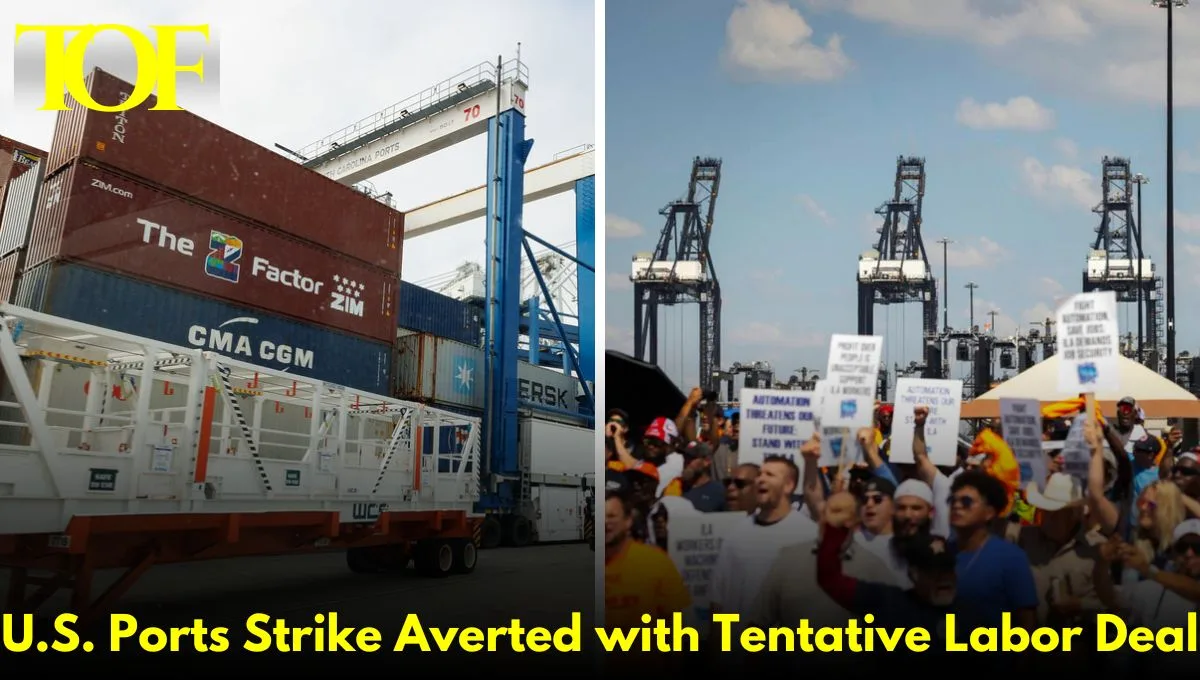The International Longshoremen’s Association and the U.S. Maritime Alliance have agreed on a tentative six-year contract, averting a potentially crippling strike along America’s East and Gulf Coasts. The deal, announced Wednesday, protects union jobs while allowing port modernization with limited automation.
The talks, which wrapped up just a week before the Jan. 15 deadline, tackled contentious issues including automation. Full automation technology will still be barred, but the agreement opens the door for installing semi-automated equipment that will include language guaranteeing the preservation of jobs in the union directly tied to new technology.
“This agreement protects current ILA jobs and sets the stage for the modernization of our ports, making them safer and more efficient,” the two sides said in a joint statement.
The compromise on automation was the deal’s turning point and has now allowed ports an elbow room for semi-automation and secured employment for union members.
President Joe Biden called the resolution good news, touting it as labor-management cooperation that was much-needed.”This tentative agreement benefits both workers and the broader economy,” Biden said.
Ratification would mean an opportunity for members to review the proposed deal before voting on its approval. A source said this pact strikes a balance between the modernization of ports and protection for labor, the most important thing to the ILA, which organized its three-day work stoppage in October due to these very reasons.
Had the strike continued, it would have potentially severed supply lines and greatly impacted the economy. Economists say such long-term strikes at significant ports threaten domestic and international markets with varying degrees of severity.
The now-possible labor deal will be submitted for official ratification- the final step toward holding permanent labor peace at U.S. ports.
To Read More: Business

